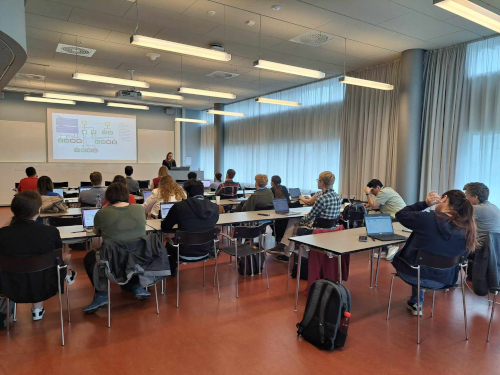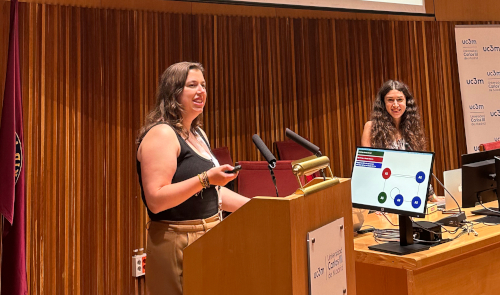Workshop - DREXA: Dialogues-Reasoning-Ethics-Explainability-Argumentation
Date: June 19, 2025
Venue: Clayton Hotel Chiswick, London, UK (in conjunction with the Computing Conference 2025)
When faced with incomplete or inconsistent information, humans reason by using argumentation: by providing arguments for and against a topic, examining the relationships between them, and, then, deciding which of them are acceptable. This way, the epistemic state of the discussed topic can be evaluated. In the context of AI, the field of computational argumentation refers to the use of computational methods and tools to construct, analyse, and evaluate arguments in various fields.
It leverages logical foundations and rule-governed mechanisms to enable reasoning engines, while its dialectical nature and affinity with common-sense reasoning make it more comprehensible to users. Computational argumentation also enables AI systems to justify their conclusions by providing a structured representation of the arguments supporting them. This transparency not only enhances trust and accountability but also allows users to understand and critique the reasoning process, leading to more informed decision-making.
This workshop is designed to delve into the dynamic and interdisciplinary field of computational argumentation, focusing on a range of pertinent topics:
- Argumentation Theory
- Reasoning
- Non-monotonic Logic
- Explainable AI (XAI)
- AI Ethics
- Dialogue Systems
- Human-AI Collaboration
- Machine Learning Algorithms for Argument Mining
Papers intended to foster discussion and exchange of ideas are welcome from academics, researchers, practitioners, students, private sector, and anyone else with an interest in the field.
Important Dates
- Submission Deadline: 31 March 2025
- Notification of Acceptance: 24 April 2025
- Registration Deadline: 15 May 2025
- Camera-Ready Paper Submission: 15 May 2025
- Workshop Date: 19 June 2025


Submission Guidelines
Submission Process
Electronic submissions will be handled via Open Review.
Authors who submit their work commit themselves to present their paper at the workshop in case of acceptance.
Publication
Workshop proceedings will be published through OHAAI outlet (https://ohaai.github.io/).
Organizers
This workshop is proposed by the organisers of the Online Handbook of Argumentation for AI (OHAAI). OHAAI is a curation of selected peer-reviewed papers summarising ongoing PhD work on Argumentation in AI, published as an annual online Open Access handbook.